1. Telfar – The “It” Bag Brand Making Sustainability Accessible

Telfar has been shaking up the fashion industry for years, but in 2025, they’re proving that sustainability isn’t just for luxury brands—it’s for everyone. Founded by Liberian-American designer Telfar Clemens, the brand’s iconic Shopping Bag has become a symbol of inclusivity, accessibility, and now, eco-conscious fashion. This year, Telfar is taking a bold step by introducing a fully circular production model. They’re using plant-based leather alternatives made from mushroom and apple waste, reducing reliance on harmful synthetics. Their packaging is now 100% compostable, a rarity in an industry still drowning in plastic. The brand has also launched a take-back program, allowing customers to return old bags to be recycled into new designs. They’re proving that sustainability doesn’t mean sacrificing style—it means making smarter choices.
Beyond materials, Telfar is challenging the traditional fashion cycle by sticking to their no-sale, no-waste model. They only produce what they sell, eliminating overproduction and reducing landfill waste. This year, they’ve also partnered with local factories in New York, cutting down on overseas shipping emissions and ensuring fair wages for workers. The brand’s community-first approach extends to sustainability education, with free workshops on how consumers can make their wardrobes more eco-friendly. Even their latest footwear line is made from recycled rubber, showing that sustainability can be built into every aspect of fashion. Telfar isn’t just a trend—it’s a movement that’s proving ethical fashion can be stylish, accessible, and built to last. And with their bags still selling out in minutes, it’s clear that the future of sustainable fashion looks a lot like Telfar.
2. Golde – Making Wellness Sustainable, One Superfood at a Time
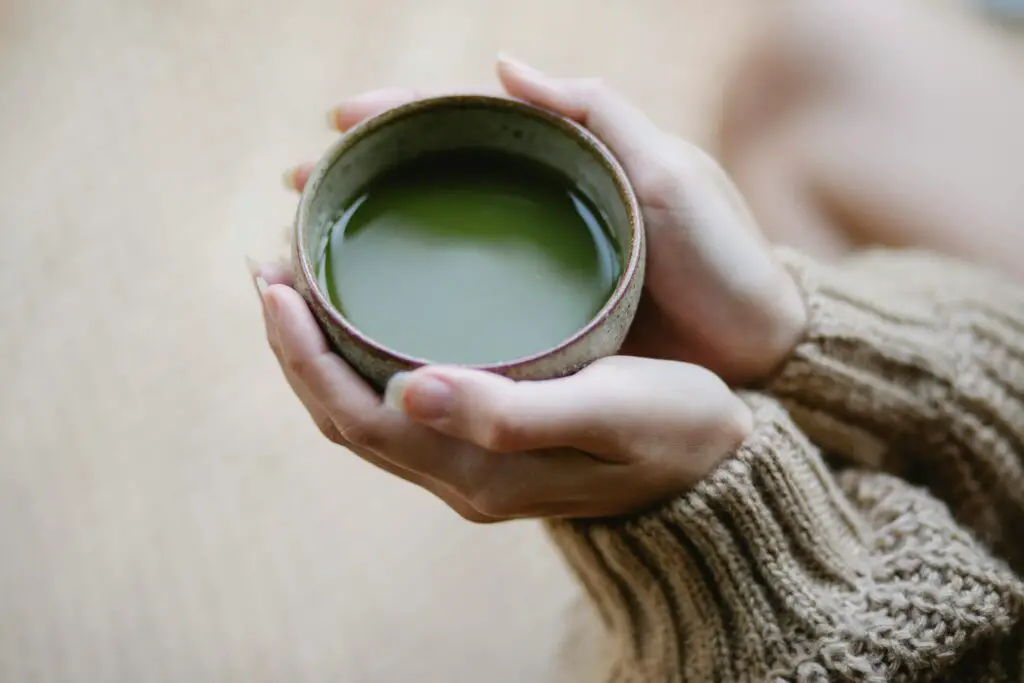
If you’ve ever sipped on a turmeric latte or added matcha to your morning routine, there’s a good chance Golde played a role in that. Founded by Trinity Mouzon Wofford, Golde has been making wellness more accessible since 2017, but in 2025, they’re taking sustainability to the next level. The brand sources its superfood ingredients directly from small farms, cutting out unnecessary waste and ensuring ethical production. They’ve also shifted to fully compostable packaging, proving that beauty and wellness don’t have to come at the Earth’s expense. Golde’s refillable matcha tins are a hit, reducing plastic waste while keeping your pantry stocked. Even their turmeric face masks are made with upcycled ingredients, meaning less waste and more glow. They’ve expanded their supply chain transparency, letting customers know exactly where their ingredients come from and how they’re grown.
But sustainability isn’t just about packaging—it’s about how a brand operates from the inside out. Golde runs on a remote-first business model, reducing office waste and cutting down on carbon emissions from commuting. They’ve also launched a community give-back program, supporting Black farmers and regenerative agriculture projects. The brand’s small-batch production model minimizes overstock, ensuring that every product made is one that will be used. Their latest initiative? A partnership with refill stations in major cities, so customers can bring their own containers and stock up on their favorite superfoods without the extra waste. Wofford has always been about making wellness fun and approachable, and now, she’s proving it can be sustainable, too. With each cup of matcha or swipe of a face mask, Golde customers are making a tangible impact. And honestly, what’s better than self-care that also cares for the planet?
3. OUI the People – Rethinking Beauty with Less Waste and More Impact
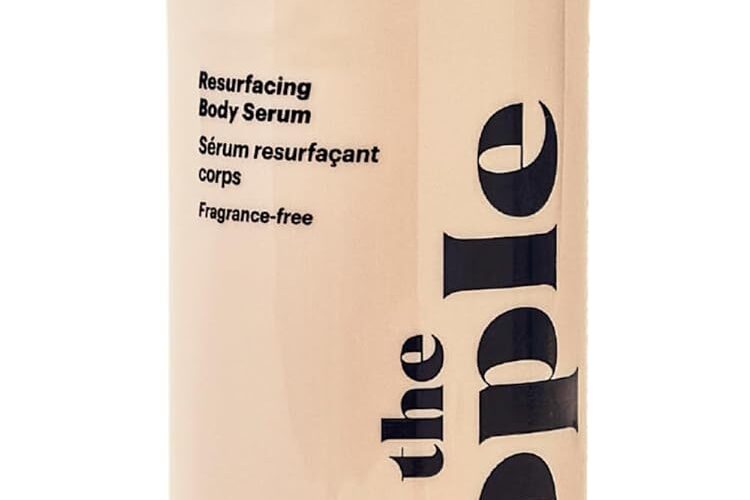
OUI the People isn’t just changing how we shave—it’s changing how we think about beauty altogether. Founder Karen Young started the brand with a simple yet revolutionary idea: make razors that last. In an industry flooded with disposable plastic, OUI the People’s stainless steel razors are built to be reused for a lifetime. In 2025, they’re expanding their sustainability efforts even further, launching a refillable shaving cream system that eliminates single-use plastics. Their blades are recyclable, and the packaging? Fully compostable, down to the ink. But sustainability at OUI the People isn’t just about the environment—it’s about people, too. Young prioritizes fair wages and ethical labor practices, ensuring that every hand in the supply chain is treated with dignity.
Beyond shaving, OUI the People has expanded into skincare with a focus on minimal, effective formulations. Their newest body serum is made with upcycled ingredients from the food industry, proving that sustainability and luxury can coexist. They’ve also launched a recycling program where customers can send back used razors for proper disposal, closing the loop on waste. The brand’s approach to sustainability is holistic, addressing both product design and consumer education. They’re using their platform to challenge the beauty industry’s wasteful habits, encouraging customers to rethink how they consume. And with a loyal following that’s only growing, it’s clear that OUI the People is leading a beauty revolution. Because let’s be real—why settle for disposable when you can have something better?
4. 54 Thrones – Ethical Skincare Rooted in African Botanicals
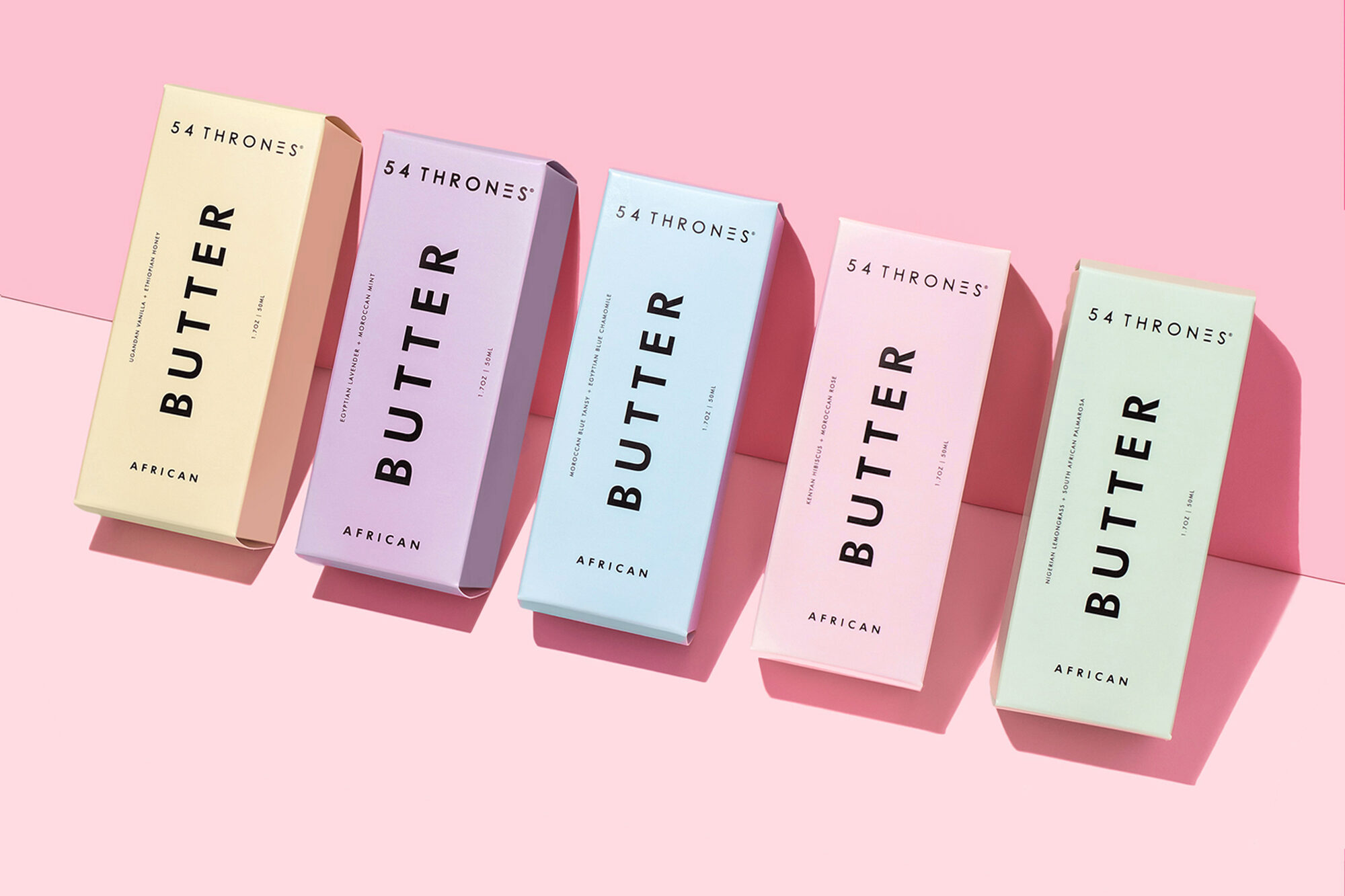
54 Thrones, founded by Christina Funke Tegbe, is on a mission to bring African beauty rituals to the world while honoring the planet. Every product in the brand’s lineup is sourced directly from African farmers, ensuring ethical trade and sustainable harvesting. In 2025, they’re doubling down on sustainability, introducing refillable containers and waterless formulations to reduce waste. Their shea butter, sourced from Ghana and Nigeria, comes from women-led cooperatives, providing economic empowerment alongside eco-conscious skincare. They’ve also transitioned to biodegradable packaging, proving that luxury beauty doesn’t have to be wasteful. By prioritizing raw, unprocessed ingredients, 54 Thrones cuts down on unnecessary additives and packaging, making their products as pure as possible.
The brand’s approach to sustainability isn’t just about what goes into the products—it’s about how they’re made. Their production facilities use solar energy, significantly reducing their carbon footprint. Tegbe has also introduced a zero-waste initiative, repurposing excess materials into new product lines. Their new clay mask, for example, is made using upcycled fruit extracts, turning what would have been waste into something beneficial. Customers love that their products support not just the environment but also the communities that produce them. In a beauty industry often dominated by mass production, 54 Thrones is proving that smaller, sustainable brands can make a big impact. With every jar of shea butter, they’re rewriting the rules of clean beauty—one ethical ingredient at a time.
5. Patagonia x JTG – A Streetwear Collaboration That Puts the Planet First
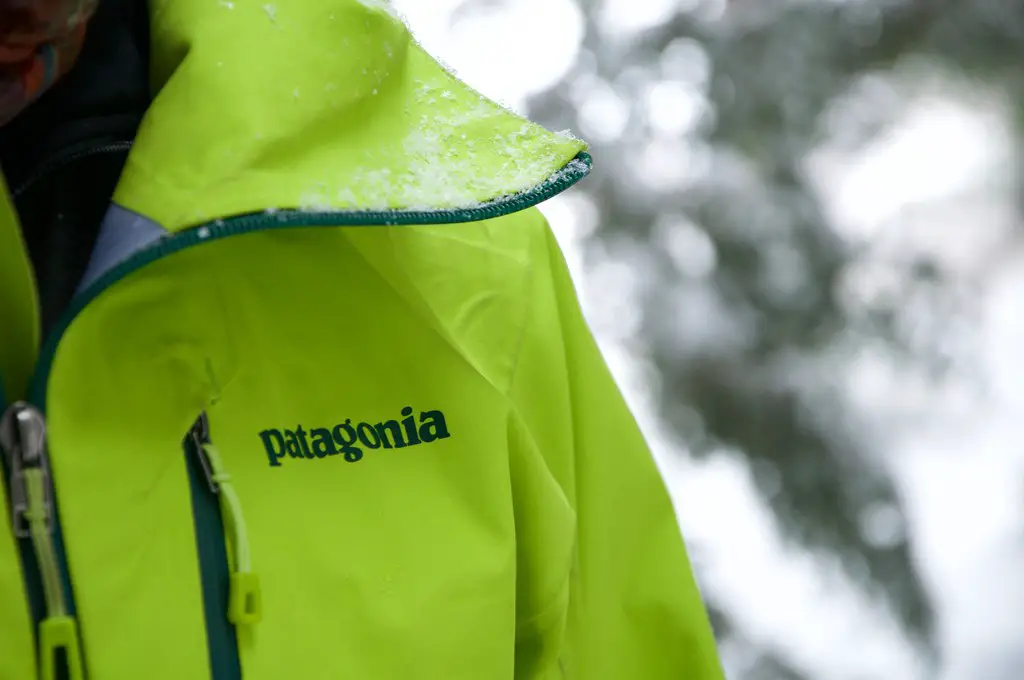
When sustainable outdoor giant Patagonia teamed up with streetwear innovator JTG (Joe The Great), it was clear something special was happening. This Black-led collaboration is shaking up the fashion world by merging street style with eco-conscious design. In 2025, their latest collection is made entirely from upcycled Patagonia gear, giving old clothes a second life. The pieces blend functionality with bold graphics, making sustainability cool without sacrificing style. Every jacket, hoodie, and pair of sneakers in the lineup is crafted from recycled fabrics, reducing waste while keeping things fresh. The brand is also experimenting with plant-based dyes, cutting out harmful chemicals while keeping colors vibrant. Plus, they’re introducing a trade-in program where customers can return old streetwear pieces in exchange for discounts on new releases.
But the sustainability push goes beyond just clothing. JTG is committed to educating young designers about ethical fashion, launching mentorship programs to train the next generation of sustainable creatives. They’ve also set up pop-up repair stations in major cities, encouraging people to fix their clothes instead of tossing them. The collaboration’s supply chain is built around fair wages and ethical labor, ensuring that every step of the process benefits both people and the planet. With Patagonia’s commitment to environmental activism and JTG’s deep roots in street culture, this partnership is redefining what sustainable fashion can look like. And with each drop selling out in minutes, it’s clear that the demand for eco-conscious streetwear is stronger than ever.
6. Uncle Nearest – Sustainable Spirits with a Historic Legacy
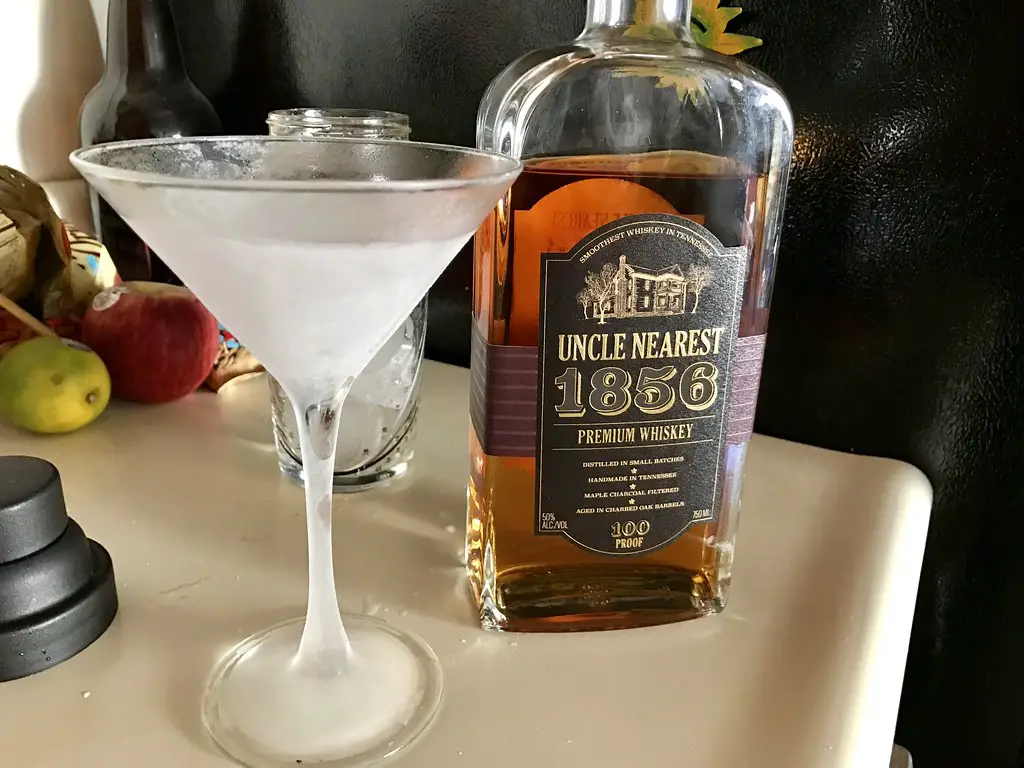
Uncle Nearest isn’t just making some of the best whiskey in the game—it’s doing it in a way that honors both history and sustainability. The brand, named after Nearest Green, the formerly enslaved man who taught Jack Daniel how to distill, has been on a mission to bring his legacy to the forefront. But in 2025, they’re proving that great whiskey can also be great for the planet. Their distillery runs entirely on renewable energy, making it one of the most sustainable in the industry. They’ve also implemented a zero-waste production system, ensuring that every byproduct from the whiskey-making process is repurposed. Even their packaging is eco-friendly, with recycled glass bottles and biodegradable corks.
Beyond the whiskey, Uncle Nearest is investing in sustainable farming practices, working with local Black-owned farms to source organic grains. They’ve also launched a tree-planting initiative, offsetting carbon emissions with every bottle sold. But perhaps the most exciting move is their water conservation program, which recycles and purifies water used in production. The brand is also leading the charge in ethical labor practices, making sure everyone involved in the process is treated fairly. With their premium spirits winning awards left and right, Uncle Nearest is proving that sustainability and quality can go hand in hand. And with a growing fanbase that includes whiskey lovers and eco-conscious consumers alike, they’re setting a new standard for the spirits industry.
7. Grant Blvd – Upcycled Fashion That’s Changing the Industry
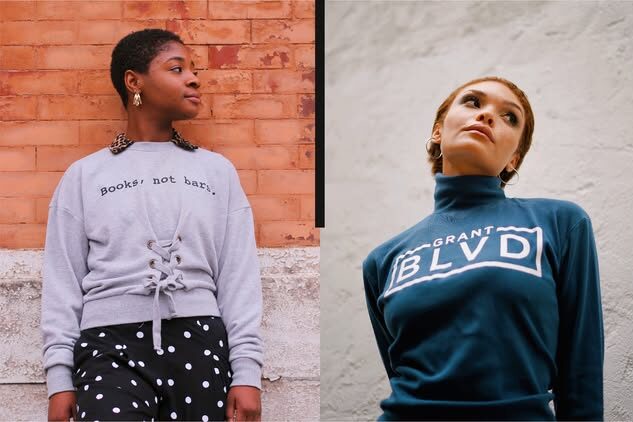
Grant Blvd is the kind of brand that makes you rethink everything you know about fashion. Founded by Kimberly McGlonn, this Philly-based label is built entirely on sustainability and social impact. Every piece in their collection is made from upcycled or deadstock fabrics, giving new life to materials that would otherwise end up in landfills. In 2025, they’re expanding their mission with a fully zero-waste production model, ensuring that even fabric scraps are repurposed into new designs. Their latest collection features pieces made from deconstructed vintage garments, proving that old clothes can become something entirely fresh. They’ve also introduced a buy-back program where customers can return Grant Blvd pieces to be remade into future designs.
But the impact goes far beyond just fashion. Grant Blvd is deeply committed to social justice, employing formerly incarcerated individuals and paying fair wages across the board. They’re also using their platform to educate consumers about the environmental and social costs of fast fashion. The brand’s storefront doubles as a community space, hosting sustainability workshops and activism events. They’ve even started a scholarship fund to support young designers who want to create ethical fashion. With their blend of high-fashion aesthetics and deep social impact, Grant Blvd is proving that sustainability isn’t just a trend—it’s the future. And if their rapid growth is any indication, that future is looking pretty bright.
